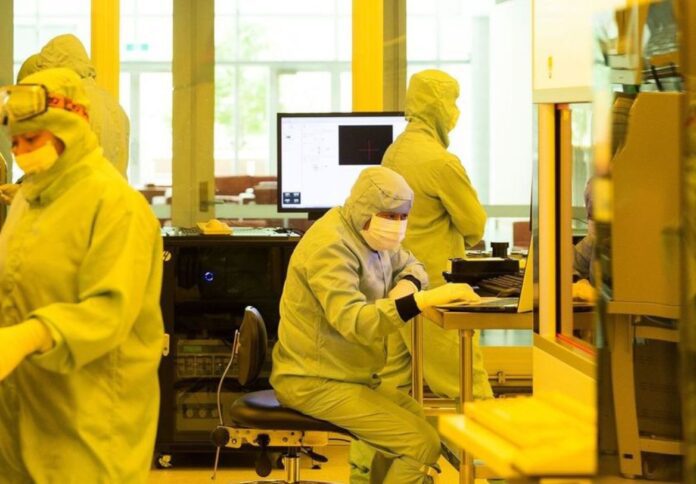
The University of Sydney is investing $7.4 million to establish the Future Qubit Foundry at the Sydney Nanoscience Hub, cementing Sydney’s position at the forefront of quantum collaborations with industry and government.
The foundry is expected to serve as a nation-leading facility to develop future quantum computer technologies, the university said in a media release.
Deputy Vice-Chancellor for Research Emma Johnston said the foundry will leverage the University of Sydney’s research leadership in advanced quantum technologies and will help ensure Australia has the capability to train the quantum workforce needed to operate the quantum technology of the future.
“By training the very best quantum technologists, the University will deliver tangible benefits to the Australian economy. And it will lock us into global supply chains as quantum computers come into their own,” Professor Johnston said.
The announcement of the investment follows the Quantum Australia conference hosted by the Sydney Quantum Academy, which was held by the University of Sydney, UNSW, Macquarie University, UTS, and the NSW government.
Quantum computers operating at scale are intended to solve intractable problems in drug manufacturing, cryptography, and engineering outside the reach of classical computing.
Quantum technology is expected to become a $6 billion industry in Australia by 2045, employing more than 19,400 people, according to CSIRO’s prediction.
“By training the very best quantum technologists, the University will deliver tangible benefits to the Australian economy. And it will lock us into global supply chains as quantum computers come into their own,” Johnston said.
The University of Sydney intends to use the Future Qubit Foundry to gather Sydney’s existing strengths in quantum computing research and establish crucial science engineering and industry partnerships needed to invest in the next generation of qubits.
The foundry will be housed at Sydney Nanoscience Hub’s laboratory and cleanroom space and will provide cutting-edge facilities for fabricating and characterising novel quantum devices.




















